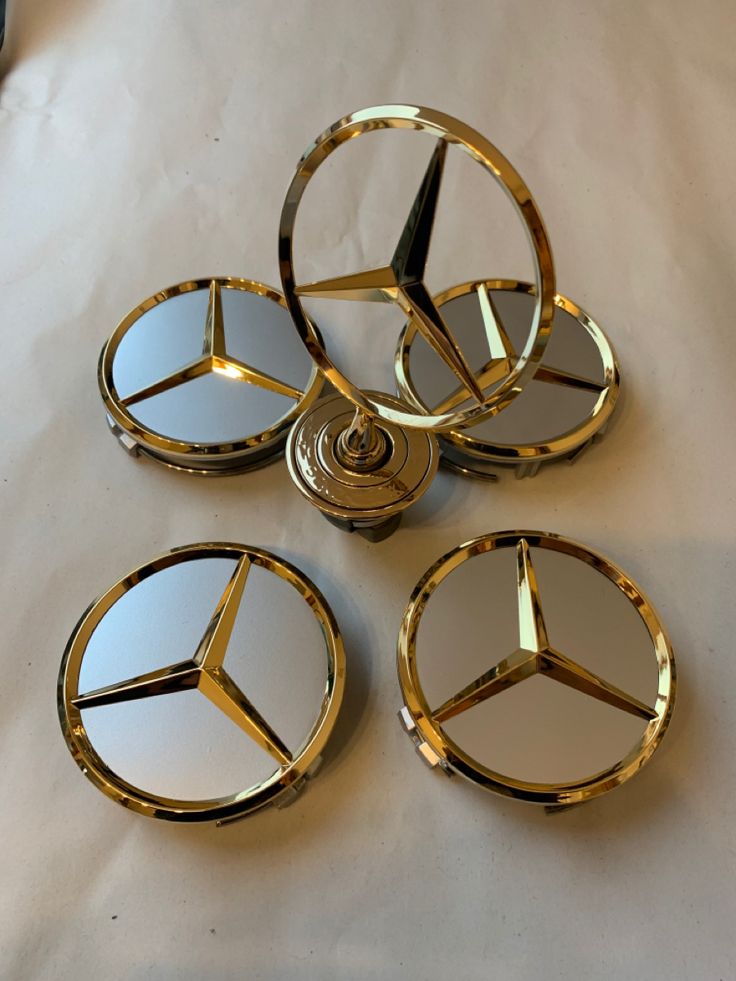From the village square to the governor’s convoy, the three-pointed star has ruled Nigerian roads for decades. But why Benz, and where did it all start?
When you think “big man” car in Nigeria, one name comes to mind: Mercedes-Benz. Whether it’s a dusty W123 gliding through the village or a brand-new G-Wagon parked at a wedding, there’s no denying it—Nigerians love their Benz.
But how did this obsession begin? And why did one German automaker become the unofficial symbol of wealth, power, and “I’ve made it” status in Nigeria?
Post-Independence Prestige: Enter the Benz
Nigeria’s love affair with Mercedes-Benz began in the 1960s, shortly after independence. As the country grew into its identity, so did a class of elites—politicians, civil servants, businessmen—who needed cars that screamed “arrival.”
Enter Mercedes-Benz, with its:
-
Solid engineering
-
Timeless design
-
International reputation for class and durability
Government officials began using Benzes for state duties, and suddenly, owning one became a dream.
The 200 Series (W123): The People’s Bentley
No car cemented Mercedes’ place in Nigerian hearts quite like the legendary W123 200 series, which arrived in the late 1970s and exploded in popularity through the ’80s and ’90s.
Nicknamed:
-
“Ijebu Bentley” (for its status among wise but frugal buyers)
-
“German Machine” (for its bulletproof reliability)
This car was the sweet spot—luxurious enough to feel rich, rugged enough to survive Nigerian roads, and spacious enough for Sunday outings with the whole family.
Mechanics loved it. Spare parts were everywhere. And that iconic “clunk” of the door shutting? Pure Mercedes magic.
Built for Nigeria: Tough Cars for Tough Roads
Unlike many newer brands, older Benz models could:
-
Handle potholes without begging for a new suspension
-
Run for years with basic maintenance
-
Still have resale value decades later
In a country where roads are unpredictable and mechanics work miracles, Benz became more than a car—it became a wise investment.
The Benz = Money Math
In Nigerian culture, how you arrive matters. A Benz announces your status before you even open the door. Whether it’s:
-
A W140 S-Class gliding into a church compound,
-
An E-Class pulling up at the village in December,
-
Or a GLE AMG roaring down Lekki roads,
The message is clear: “I’m not your mate.”
The Legacy Continues
Today, Mercedes-Benz is still a badge of honor in Nigeria. Yes, there are newer luxury brands, but nothing beats the reputation of the Benz. Even used models—10, 15 years old—are still celebrated.
And with Innoson building cars locally and other brands gaining traction, one thing’s for sure: the Benz myth still holds strong.
